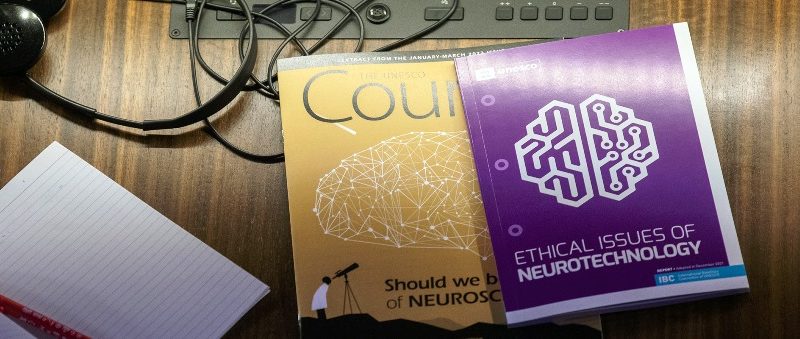UNESCO’s Member States are preparing to adopt the world’s first global standard on the ethics of neurotechnology. Many industry analysts consider this a landmark move for the future of technology and human rights.
RELATED: How smartphones and wearables can lead to better health
The ‘Recommendation on the Ethics of Neurotechnology,’ is slated for approval in November 2025. It will establish crucial guardrails to ensure this powerful technology benefits humanity without infringing on fundamental rights and freedoms.
The Dual Promise and Peril of Neurotechnology
Neurotechnology holds immense promise for global health. About 1 in 7 people worldwide are affected by a mental disorder and neurological conditions. Being a leading cause of disability, the potential for treating conditions like Parkinson’s disease, epilepsy, and severe depression is revolutionary.
However, the rapid growth of neurotechnology extends far beyond the regulated medical sector. Commercial consumer devices like wearable headbands and smart earpods that monitor sleep and heart rate are also harvesting a new category of highly sensitive information: neural data. This data offers a window into a person’s private thoughts, emotions, and reactions, yet it can currently be sold to third parties without restriction, posing a severe threat to the right to “mental privacy.”
What the UNESCO Recommendation Aims to Achieve
The new global standard is designed to address this critical governance gap. As the first comprehensive framework of its kind, the Recommendation will serve as a blueprint for countries to ensure neurotechnology is developed and deployed ethically. Its core purpose is to install essential guardrails that:
- Protect individuals’ neural data and uphold the right to mental privacy.
- Establish ethical boundaries for the use of neurotechnology in commercial and other non-medical domains.
- Guide governments in creating national policies that keep pace with innovation while protecting human rights.
A Global Consensus For a Responsible Future
The forthcoming adoption is the result of an extensive two-year process involving global experts and intergovernmental negotiations. The final text will be presented for adoption at UNESCO’s 43rd General Conference in Samarkand, Uzbekistan on November 12 or 13, 2025. This unanimous global stance marks a pivotal step towards building a future where technological advancement and ethical responsibility go hand in hand.






























